COVID-19 Outbreak and Persons with Disabilities
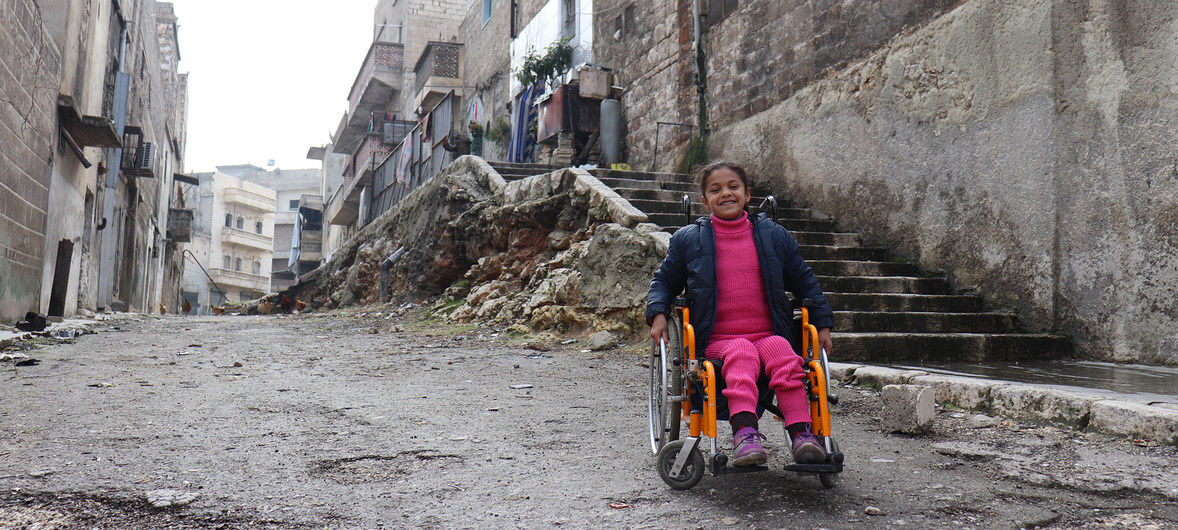
Persons with disabilities generally have more health-care needs than others – both standard needs and needs linked to impairments – and are therefore more vulnerable to the impact of low quality or inaccessible health-care services than others. Compared to persons without disabilities, persons with disabilities are more likely to have poor health: among 43 countries, 42 per cent of persons with disabilities versus 6 per cent of persons without disabilities perceive their health as poor.
To achieve the highest attainable standard of health for persons with disabilities, the following actions should be considered:
- Strengthen national legislation and policies on health care in line with the CRPD.
- Identify and eliminate obstacles and barriers to accessibility in health-care facilities.
- Improve health-care coverage and affordability for persons with disabilities as part of universal approaches to health care.
- Train health-care personnel on disability inclusion and improve service delivery for persons with disabilities.
- Empower persons with disabilities to take control over their own health-care decisions, on the basis of informed consent.
- Prohibit discriminatory practices in health insurance and promote health insurance coverage for assistive products and rehabilitation services.
- Improve research and data to monitor, evaluate and strengthen health systems to include and deliver for persons with disabilities.
While having a disability probably doesn’t by itself put someone at higher risk from Coronavirus, many persons with disabilities do have specific underlying conditions that make the disease more dangerous for them.
Over 100 disability advocacy organizations and a coalition of disability rights and emergency management experts in the host country recently made an urgent call for immediate response, addressing the specific needs of persons with disabilities to maintain their health, safety, dignity, and independence in the community throughout the COVID-19 outbreak and related health emergencies.
What is Coronavirus?
Coronaviruses (CoV) are a large family of viruses that cause illness ranging from the common cold to more severe diseases such as Middle East Respiratory Syndrome (MERS-CoV) and Severe Acute Respiratory Syndrome (SARS-CoV). Coronavirus disease (COVID-19) is a new strain that was discovered in 2019 and has not been previously identified in humans.
Coronaviruses are zoonotic, meaning they are transmitted between animals and people. Detailed investigations found that SARS-CoV was transmitted from civet cats to humans and MERS-CoV from dromedary camels to humans. Several known coronaviruses are circulating in animals that have not yet infected humans.
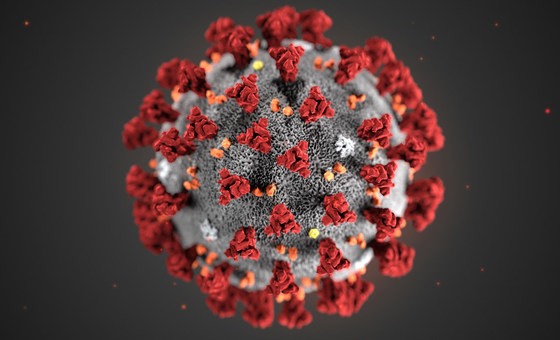
Common signs of infection include respiratory symptoms, fever, cough, shortness of breath and breathing difficulties. In more severe cases, infection can cause pneumonia, severe acute respiratory syndrome, kidney failure and even death.
Standard recommendations to prevent infection spread include regular hand washing, covering mouth and nose when coughing and sneezing, thoroughly cooking meat and eggs. Avoid close contact with anyone showing symptoms of respiratory illness such as coughing and sneezing.
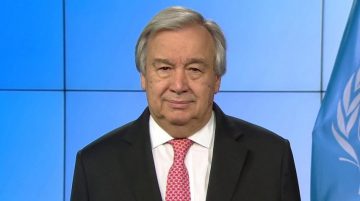
“This is, above all, a human crisis that calls for solidarity”
UN Secretary-General António Guterres addressed journalists and the public in a live virtual briefing and laid out three critical areas of action in tackling the Coronavirus (COVID-19) crisis, 19 March 2020.
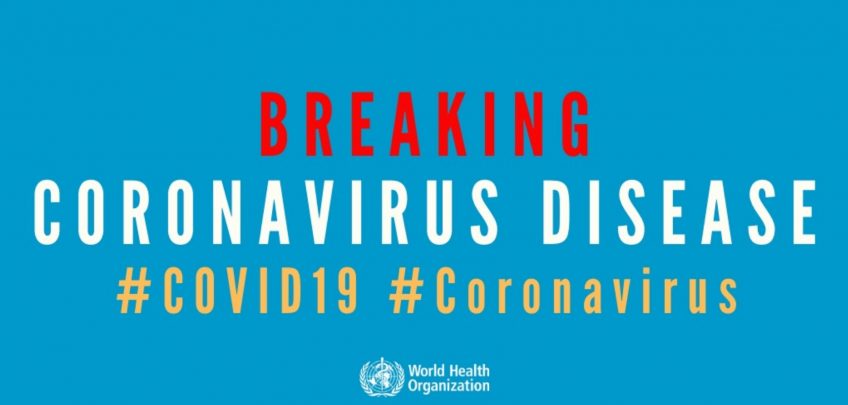
WHO: Coronavirus disease (COVID-19) outbreak
This web page brings together information and guidance from the World Health Organization (WHO) and the United Nations regarding the current outbreak of novel coronavirus (2019-nCoV) that was first reported in Wuhan, China, on 31 December 2019. Please visit this page for daily updates. WHO is working closely with global experts, governments and partners to rapidly expand scientific knowledge on this new virus, to track the spread and virulence of the virus, and to provide advice to countries and individuals on measures to protect health and prevent the spread of this outbreak. Learn more about Resources on Coronavirus disease (COVID-19) Pandemic by WHO.
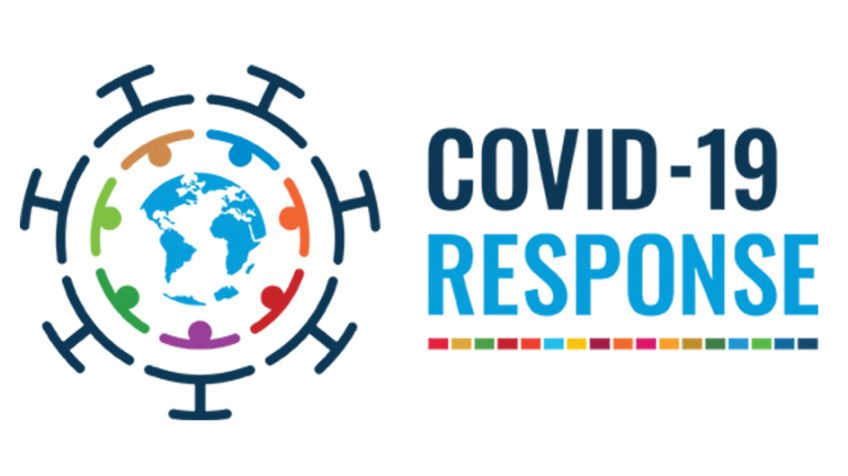
UN Resources on Persons with Disabilities and COVID19
- UN DESA’s web portal on COVID-19 to closely monitor the economic, financial and social impacts of the crisis and help Member States navigate the policy choices ahead in a way that leaves no one behind.
- Report on “Shared Responsibility, Global Solidarity: Responding to the socio-economic impacts of COVID-19
- The Secretary-General’s UN Response and Recovery Fund
- Disability considerations during the COVID-19 outbreak by WHO
- COVID-19: Who is protecting the people with disabilities? by Ms. Catalina Devandas, Special Rapporteur on the rights of persons with disabilities
- Preventing discrimination against people with disabilities in COVID-19 response by UN News
- COVID-19: How to include marginalized and vulnerable people in risk communication and community engagement by UN Women
- The COVID-19 Outbreak and Gender:Key Advocacy Points from Asia and the Pacific by UN Women
- COVID-19 and the world of work by ILO
- Useful links for disability-inclusive responses to COVID-19 crisis by UNESCAP
- Joint Statement by Chair of UN CRPD and SG-Envoy on disability, 1 April
- COVID-19 response: Considerations for Children and Adults with Disabilities by UNICEF
- Risk Communication & Community Engagement for COVID-19- Engaging with Children and Adults with Disabilities by UNICEF
- IASC briefing note on addressing mental health and psychosocial aspects of COVID-19 Outbreak
- UNESCAP Policy Brief: Ensuring Disability Rights and Inclusion in the response to COVID-19
- 7 ways employers can support working parents during the coronavirus disease (COVID-19) outbreak
- The COVID-19 Outbreak and Gender: Key Advocacy Points from Asia and the Pacific by UN Women
- Disability Inclusive social protection response to COVID-19 crisis by UNPRPD, IDA and UN Special Rapporteur on the rights of persons with disabilities
- Technical Brief COVID-19: A Gender Lens – Protecting Sexual and Reproductive Health and Rights, and Promoting Gender Equality by UNFPA
- Webinar Disability Inclusion in COVID-19 responses in the World of Work by ILO
- Persons with disabilities in the COVID-19 response by ILO
- Policy Brief The impact of COVID-19 on Women by UN WOMEN, though unfortunately there were not that many reference made to women with disabilities.
Source: UN.ORG/Department of Economic and Social Affairs Disability









0 comments:
Post a Comment